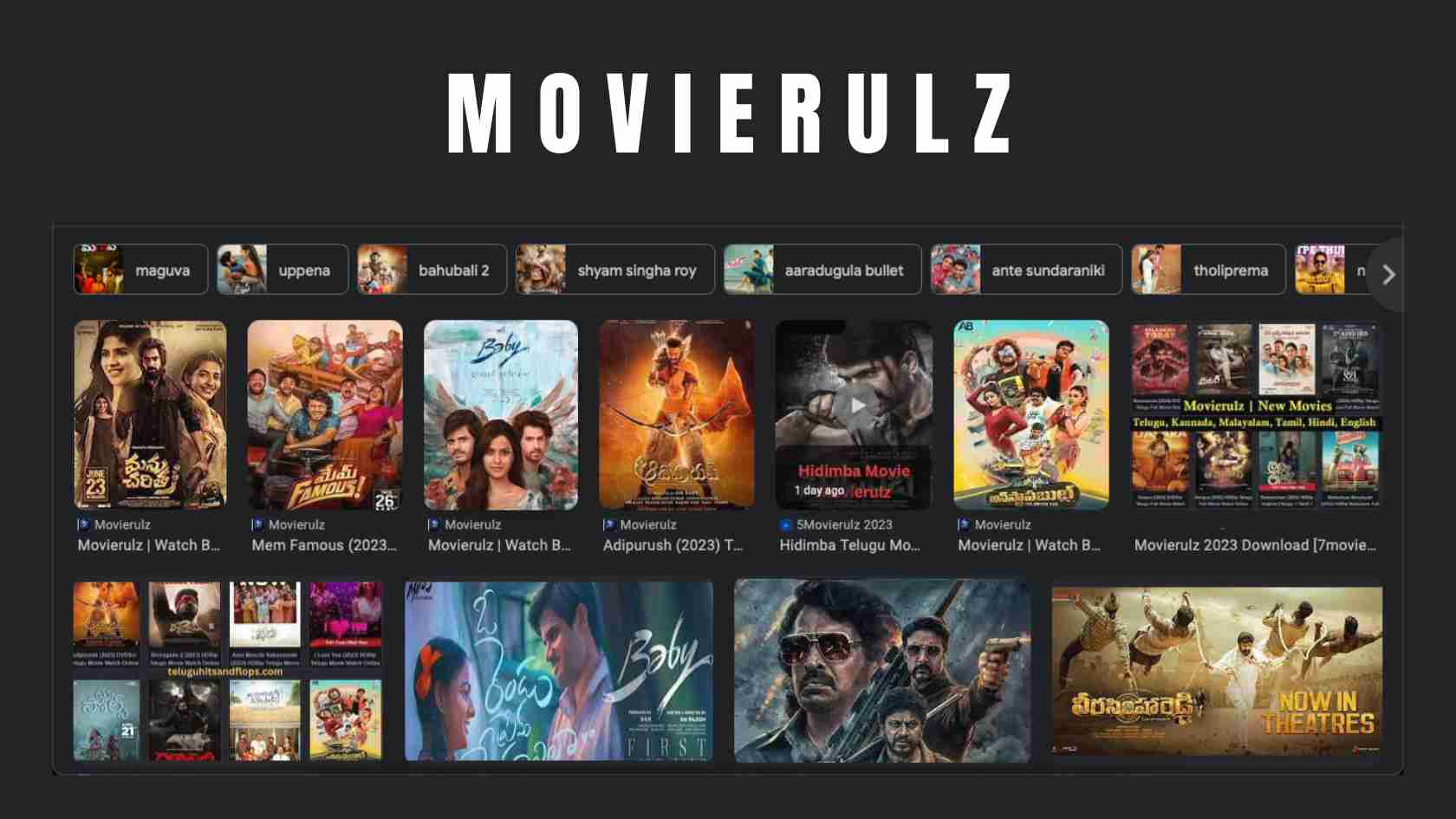Are we truly at the mercy of the digital echo chamber? The relentless pursuit of information in the 21st century, ironically, often leads us down dead ends, confronting us with the frustrating reality of an incomplete search.
The stark phrase, We did not find results for: echoes a constant refrain in our digital lives. This seemingly innocuous message, coupled with the suggestion to "Check spelling or type a new query," is far more than a simple technical glitch; it's a potent symbol of the limitations, biases, and inherent challenges that shape our relationship with the vast ocean of online information. Each instance of this phrase represents a missed opportunity, a fragment of knowledge forever beyond our immediate grasp, a subtle reminder of the digital divide that exists, even within the most sophisticated search engines. This repeated frustration points to a bigger problem: the fragmentation of knowledge, the echo chambers that reinforce existing biases, and the sheer impossibility of navigating the digital landscape without stumbling, repeatedly, into the void of "no results."
This persistent failure highlights the precarious balance we walk when relying on digital platforms. The algorithm, designed to connect us with the exact information we seek, becomes a barrier. The tools that promise to illuminate the world often leave us in the dark. In this digital era, where data is currency, access to the right information isnt just about knowledge; it's about power. The "We did not find results for:" message isn't just a technical issue; its a symptom of deeper problems, including the difficulty of accessing obscure or niche information, the biases embedded within algorithms, and the deliberate obfuscation of certain information by various actors.
The repetition of this digital dead end speaks volumes about the nature of the internet itself. It suggests a system that is not truly open and accessible, but one that is curated, controlled, and ultimately limited by its underlying architecture. What is missing from the digital experience? What are the areas where search engines consistently fall short? The answer points to the complexity of human language, the evolving nature of knowledge, and the ever-present tension between the desire for instant answers and the nuanced reality of the world.
Consider the impact of this constant search failure on individuals seeking information. A student researching a complex historical event. A journalist investigating a breaking story. An individual struggling with a personal health issue. Each encounter with the "We did not find results for:" message represents a hurdle, a challenge to their intellectual pursuits, and, in some cases, a potentially significant setback in their ability to acquire essential information. It is a universal problem, affecting both the novice internet user and the seasoned researcher alike. There is no digital nirvana, no guaranteed access to every piece of information ever created. The limitations are often surprising, impacting everything from scientific breakthroughs to historical records.
These repeated "no results" signals also highlight the challenges of information verification. In a world flooded with data, the ability to distinguish credible sources from misinformation is more critical than ever. When search engines fail to provide reliable results, the user must rely on their own evaluation skills, their critical thinking abilities. This can, in turn, lead to exposure to less reliable sources, and exacerbate the spread of false information. The burden of sorting truth from fiction falls upon the user, demanding time, effort, and a healthy degree of skepticism.
The search engines, despite their technological prowess, remain flawed. They are limited by their indexing capabilities, the data they choose to include, and the algorithms they employ. The message "We did not find results for:" is an acknowledgement of these limitations, a stark reminder that even the most advanced tools are imperfect. It challenges us to reassess our expectations, and to recognize the importance of diverse research strategies.
The phrase's ubiquity across the digital landscape also begs for a deeper examination of the internet's infrastructure and algorithms. The lack of results can be caused by a multitude of factors: spelling errors, the absence of relevant content, the presence of filters, or the biases inherent in the search engines algorithm. Understanding these various causes is critical to developing more effective research methods. What are the limitations of the search engines? How can these limitations be overcome? And what alternative search strategies are available?
The persistent failure of search engines to deliver specific results could be an indicator of censorship or manipulation. This raises concerns about freedom of information and the accessibility of different perspectives. The digital world, while offering seemingly boundless access, can also be manipulated to obscure, control, and shape our understanding of the world. When information is deliberately hidden, the "We did not find results for:" phrase becomes a tool for control, a signal that certain viewpoints are intentionally suppressed.
Moreover, the phrase highlights the importance of digital literacy. The ability to effectively use search engines, to formulate precise queries, and to critically evaluate search results is essential in the digital age. The need for digital literacy will only intensify as the volume of online information grows. What should be the curriculum in the 21st century? How do we teach critical thinking skills in a world where information is so readily available?
Ultimately, the message "We did not find results for:" should serve as a catalyst for improvement. It is a challenge to both the creators of search engines and the users of those tools. It prompts us to reconsider our relationship with information, to develop more sophisticated research strategies, and to approach the digital world with a greater degree of awareness and critical understanding. The goal, therefore, must be to bridge the gaps and enhance the accessibility of information for all, striving for a future where these messages become less frequent and less significant.
The phrase is a powerful reminder that the digital landscape is constantly evolving, and that our relationship with information is perpetually changing. A failure of search is not just an inconvenience, but also a window into a deeper truth about the Internet and our knowledge itself.


